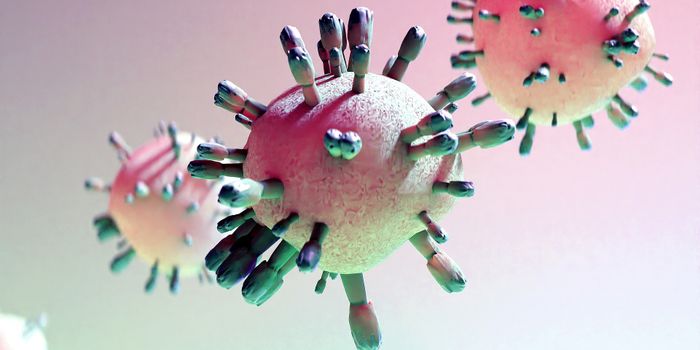To Treat Bladder Cancer, You Need Immune Cells
Looking inside the tumor of someone with bladder cancer, there are no immune cells to be found. The immune system is equipped to deal with tumor growth, so why aren’t armies of cytotoxic T cells, natural killer cells, and other immune cells at the “scene of the crime,” killing cancer cells? Scientists are realizing that the bladder cancer cells evade the immune system, and this evasion prevents cancer immunotherapy drugs from being effective.
A new checkpoint immunotherapy drug for bladder cancer, atesolizumab, inexplicably failed to clear tumors in recent clinical trials. From the Vancouver Prostate Centre and Vancouver Coastal Health Research Institute (VCHRI), scientists have an explanation. The drug activates immune cells, but there are no immune cells in bladder tumors. Thus, the drug is virtually ineffective. But wait - why aren’t there any immune cells in bladder cancers?
Senior scientist Mads Daugaard says that it all boils down to cancer being able to “escape” the immune system. Figuring out how cancer does this, he says, has been a “mystery for decades.” However, he and his colleagues at the the Vancouver Prostate Centre and VCHRI have found a cellular signaling pathway that may be the explanation they’ve been looking for.
In their study, they found that bladder cancer tumors activate a cell signaling pathway called the “peroxisome proliferator-activated receptor gamma” (PPAR-y) pathway. Upon activation, immune cells are completely unable to get to the tumor to kill cancerous cells. So, when immunotherapy is applied, the energy expended to activate the immune system against cancer is wasted, because the immune cells can’t get close enough to the tumor to do any damage.
"With this pathway, the tumors close the door to the immune system," Daugaard explained. "Without immune cells in the tumor, checkpoint immunotherapy has little effect. Now we know what door the tumors are closing and we can therefore focus our efforts on breaking down that door and let the immune system back in."
There’s one type of chemotherapy available to treat bladder cancer, called cisplatin-based therapy. However, doctors continue with checkpoint immunotherapy once the cancer becomes resistant to the chemotherapy.
Daugaard and his team are now working on drugs targeting the PPAR-y pathway. With cancer’s shield knocked down, immune cells - activated by immunotherapy - could rush in and annihilate the tumor. The American Cancer Society estimates that in the United States, there will be nearly 80,000 new cases of bladder cancer by the end of 2017, and almost 17,000 people will die from the disease. Developing a new combination drug therapy could drastically lower those numbers.
The present study was published in the journal Nature Communications.
Sources: American Cancer Society, University of British Columbia










